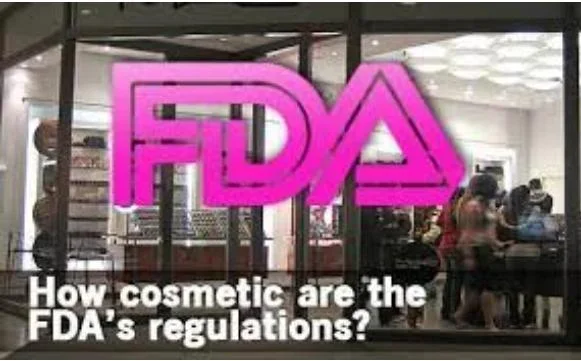When it comes to ensuring the safety and efficacy of products in the United States, the Food and Drug Administration (FDA) plays a crucial role. The FDA is responsible for regulating a wide range of products, including food, drugs, medical devices, cosmetics, and more. In this blog, we will delve into the topic of US FDA registration, exploring its importance, requirements, and benefits for businesses. Whether you are a manufacturer, importer, or distributor, understanding the US FDA registration process is essential to comply with regulations and gain consumer trust.
I.What is US FDA Registration?
The US FDA registration is a mandatory process that businesses involved in the production, distribution, or sale of FDA-regulated products must complete. It is a means for the FDA to track and monitor these products to ensure their safety and compliance with regulatory standards. The registration process involves providing detailed information about the facility, product categories, and manufacturing processes.

II. Importance of US FDA Registration
1. Compliance with Regulatory Standards:
US FDA registration is a legal requirement for businesses dealing with FDA-regulated products. By registering, companies demonstrate their commitment to meeting the FDA's safety and quality standards, ensuring consumer protection.
2. Consumer Confidence:
FDA registration instills confidence in consumers, assuring them that the products they purchase have undergone regulatory scrutiny. It enhances the reputation and credibility of businesses, leading to increased consumer trust and loyalty.
III. US FDA Registration Process
1. Determine Applicability:
Before initiating the registration process, businesses must determine whether their products fall under FDA regulation. The FDA website provides comprehensive information on the categories of products subject to registration.
2. Obtain a DUNS Number:
A Data Universal Numbering System (DUNS) number is required for US FDA registration. This unique identifier is assigned by Dun & Bradstreet and is used to track and verify business information.
3. Create an FDA Account:
Businesses need to create an account on the FDA's Unified Registration and Listing System (FURLS) to begin the registration process. This account will serve as a central hub for managing FDA-related activities.
4. Submit Registration Information:
Once the account is set up, businesses must provide detailed information about their facility, products, manufacturing processes, and labeling. It is crucial to ensure accuracy and completeness to avoid delays or rejections.
5. Pay the Registration Fee:
The FDA charges an annual registration fee, which varies depending on the type of facility and the products being registered. The fee must be paid to complete the registration process successfully.

IV. Benefits of US FDA Registration
1. Market Access:
US FDA registration opens doors to the vast US market, allowing businesses to legally sell their products to American consumers. Without registration, products may be detained at the border or face import restrictions.
2. Competitive Advantage:
Registered businesses gain a competitive edge by demonstrating their commitment to quality and compliance. FDA registration can be a valuable marketing tool, attracting customers who prioritize safety and regulatory compliance.
3. Enhanced Safety:
The FDA's rigorous oversight ensures that registered products meet stringent safety standards. By registering, businesses contribute to the overall safety of the marketplace, protecting consumers from potentially harmful products.

Conclusion
US FDA registration is a vital process for businesses involved in the production, distribution, or sale of FDA-regulated products. It ensures compliance with regulatory standards, enhances consumer confidence, and opens doors to the lucrative US market. By understanding the registration process and its benefits, businesses can navigate the regulatory landscape effectively and contribute to a safer marketplace.






